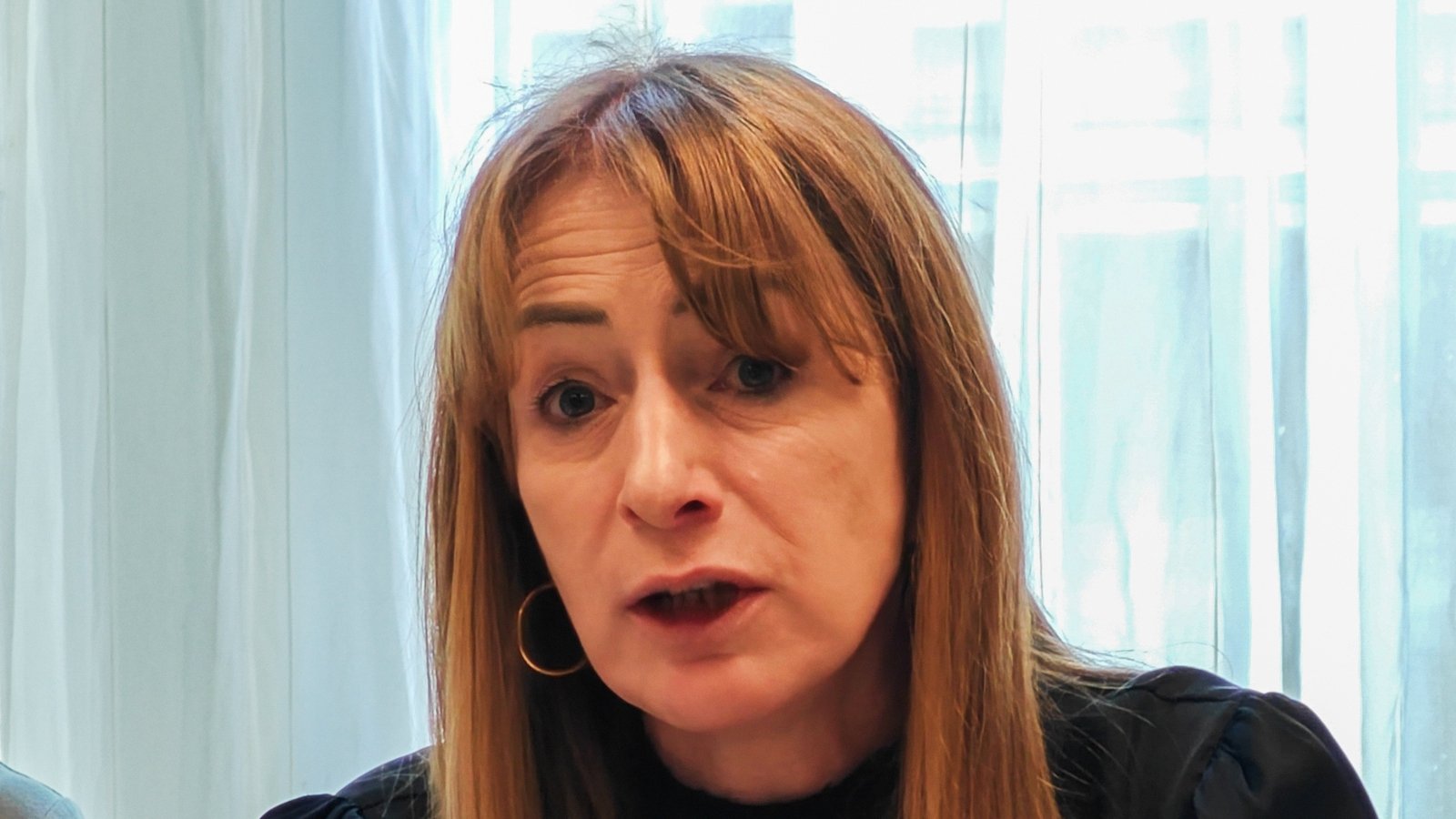Referendums: Your questions answered


Chair of the Electoral Commission Justice Marie Baker has said if the term “durable relationships” does come to define the family unit following next month’s referendum it will be “a constitutional word”.
When asked what a “durable relationship” is she broke down what judges do when interpreting the Constitution.
“When the courts come to interpret the Constitution, they do so in the context of the language, the place in the Constitution where the language is found, but also precedent…”
She said if the referendum passes, the term will find its way into legislation and “durable relationships” will be defined in legislation, and that legislation will be looked at in the light of that different definition of the family.”
On 8 March, two referendums will be held in which voters will be asked whether they want to change the wording of the Constitution on issues relating to the family and care.
The deadline for registering to vote is tomorrow.
Answering listeners’ questions on RTÉ’s Morning Ireland ahead of the referendums, Justice Baker said the ministers and the Taoiseach have identified certain classes of family units that they regard as being within the definition.
She said the definition will ultimately be decided by the courts but seen in the context in which it is.
“We are talking about the unit, the family with a capital F if you will forgive me for pointing that out. The family unit founded on marriage is the family unit that now has constitutional protection, and as recently as three weeks ago, the Supreme Court identified that as being the correct way to look at the family unit.
“And the minister has said that the relationship that is continuing, intending to endure, committed etc – the Supreme Court recently identified a number of classes of relationships that might come within that definition including people who cohabit, one parent families arose in that context as well, so it seems likely that they will be the kind of relationships that we mean.”
She said this part of the Constitution expresses the fundamental rights that an Irish person enjoys.
“They are the rights against which legislation is tested, so when legislation is being drafted, they are the backdrop, and if legislation comes to be tested or administrative action comes to be tested in the courts, they are the rights against which legislation is tested.”
What is being proposed
People will be asked to vote Yes or No on whether to make two changes to the wording of the Constitution.
The 39th Amendment, which deals with the definition of family, proposes to amend Article 41.1.1 to insert the words “whether founded on marriage or on other durable relationships”.
It also proposes the deletion of the words “on which the Family is founded” from Article 41.3.1.
The 40th Amendment deals with the role of women in the home.
It proposes to delete Article 41.2 and replace it with an Article 42B, which reads: “The State recognises that the provision of care, by members of a family to one another by reason of the bonds that exist among them, gives to society a support without which the common good cannot be achieved, and shall strive to support such provision.”
Justice Baker explained that the exact wording of the Constitution does not have a direct immediate consequence on legislation.
“These two provisions are proposals to change what are very general phrases in the constitution to other very general phrases, so how they play out in legislation will depend first on what the Oireachtas does…”
“So, no direct immediate consequence, but a declaration of principal and a statement of principle against which legislation and action, administrative action is tested.”
When asked about grandparents living with children and grandchildren as a multi-generational unit, Justice Baker said it was “tricky”.
“A grandparent living with children where the parents are no longer there available to mind the children would probably relatively easily be seen as a family unit, but I cannot give you an opinion about this – I simply say there are indicators that that unit would be included.”
As for grandparents living with their children and the next generation down, she said she did not know how the Oireachtas would come to define those rights and how the courts would see it.
When asked why some people had not received information booklets yet, Justice Baker said the information booklets could only be made once the wording for the proposed amendments was received, which was less than four weeks ago.
She said there is a lot of material on the website.
“We had to print 2.3 million copies, and An Post has to deliver them, all I think at the rate of 150,000 a day, it is a big job.”
Speaking about the care referendum she said it will bring about a change in the recognition given to care.
She confirmed to a listener that if the referendum is passed the word “mother” will no longer appear in the Constitution.
“The word woman will, but the mother would no longer appear.”
Watch more:
What is a referendum – in less than a minute
Can I vote in the upcoming referendums?
Read more:
FLAC urges no vote in referendum on ‘care’ amendment
Explained: What will people vote on in twin referendums?





